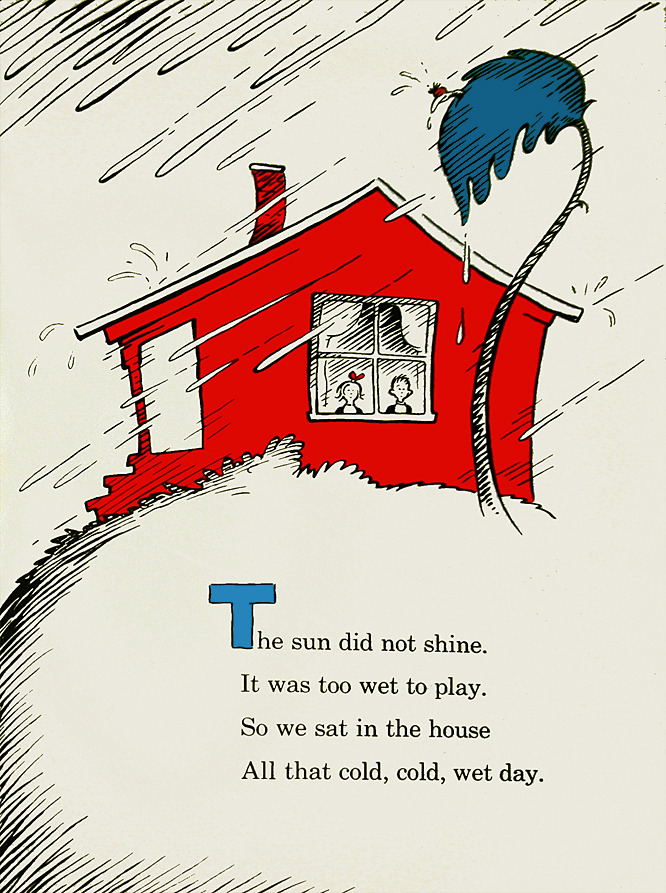by David Murray
This piece first ran in Huffington Post. Click here for the original.
I am the editor of
Vital Speeches of the Day, a monthly magazine that collects the best speeches in the world. Many of its subscribers are speechwriters for CEOs and political leaders. Speechwriters usually complain about one of two things: clients who won't work on the speech, and clients who work the speech to death.
Truly collaborative writing? Until this year, it had eluded me so thoroughly that I nearly rejected the suggestion of a onetime Pentagon speechwriter that I read the journals of Lt. Col. Mark Weber, who needed help to write a memoir for his three young sons, who would soon be without a father.
Weber, in his early 40s like me, was dying of cancer.
"I probably ain't the guy to do this," I emailed Weber after reading the manuscript.
"I am not a ghostwriter," I lectured Weber (who hadn't asked for a ghostwriter). "I believe in the deep connection between thoughts and words. Your thoughts must start with your own words."
Furthermore, I told him the book contained clichés that an editor would have to cut out "like tumors, painfully" and familiar phrases that would have to be "lanced, like benign polyps."
Finally, I told him I doubted he had the energy or the time left to do the kind of rewrite I was demanding.
Now that, my friends, is how you treat a terminal cancer patient.
"I love it, David," Weber replied.
He continued: "I absolutely have the time and energy to rewrite. In fact, I insist on it. I've been holding off on doing so until I can get someone to provide the kind of candor I need to hear, and it's been killing me. You're absolutely right about the ghostwriting thing. I do not want that. I want someone to beat the shit out of me so I can rewrite what needs to be rewritten in the right way... Iron sharpens iron... and all I've got so far is bread (cheerleaders)."
What was I supposed to do at that point? We quickly came to financial terms and set to work. After we agreed on an eight-chapter thematic structure—I suggested stories from the manuscript that fit into each chapter's theme—Weber went to work.
Work.
Despite a sepsis attack that hospitalized him, an emotional retirement ceremony attended by Joint Chiefs of Staff Chairman Martin Dempsey and a dangerous surgery, he produced a chapter per week. Meaning, he wrote a chapter of several thousand words, sent it to me for feedback, rewrote, rearranged and cut parts based on my advice and sent it back to me for a line edit, which he then incorporated into a final version. He did all that every week. For eight straight weeks. Cheerfully.
Our correspondence was at once fun and sarcastic, candid and concise. And it wasn't only about the language or the story structure. Sometimes we differed on philosophy. I'd say, You don't want to say this. And Weber would say, But this is what I believe. And I would say, Well, then let's find a way to say it that's more convincing to someone who doesn't agree with you. Someone like me.
At one of those rare loggerheads, I told him, "It's your book." He replied by telling me I didn't need to tell him that; he was well aware.
This project was what I never thought a collaboration could ever quite be: two people, on equal footing, with a proper sense of urgency—whatever else it is, death is a useful deadline—trying to express a philosophy, and in the process, making each other think and feel. At one point Weber told me that getting my chapter critiques, however harsh, was "like getting a Christmas present." I showed that to my wife and she put her hand on my back and her eyes filled with tears. Which was like getting a Christmas present.
What made this collaboration perfect?
It helped that we were both the same age, both husbands and dads. It probably helped that we were both men, with a few communication norms in common. And we simply liked each other.
But it was equally crucial that I didn't know the first thing about being a military officer and found myself unimpressed by many of his proudest career accomplishments, up to and including his having been hand-picked for war zone assignment by Gen. David Petraeus. Conversely, my leisurely writer's life allowed me to sit sufficiently in awe of Weber's other exploits. (Frustrated by his inability to communicate with Iraq's top military officer, Weber casually learned Kurdish in three months.)
And it was probably also good that I was playing golf between rounds of edits, while he commuted between the hospital bed and the computer. Sympathy, in an editor, is more useful than empathy.
As Weber said, iron sharpens iron.
But I'm glad there were only eight chapters in our outline, because as we neared the Afterword, I felt my iron softening considerably. Weber had gone from my literary partner to my pen pal. I found myself in some denial that, as I told my wife, "God is going to take my new buddy."
When Mark asked me if I'd be interested in a U.S. Army backpack, I told him I'd wear it on every journey I took for the rest of my life.
But I doubt there'll be another journey quite like this.
Tell My Sons is available in hardcover, and it makes an excellent holiday present.











